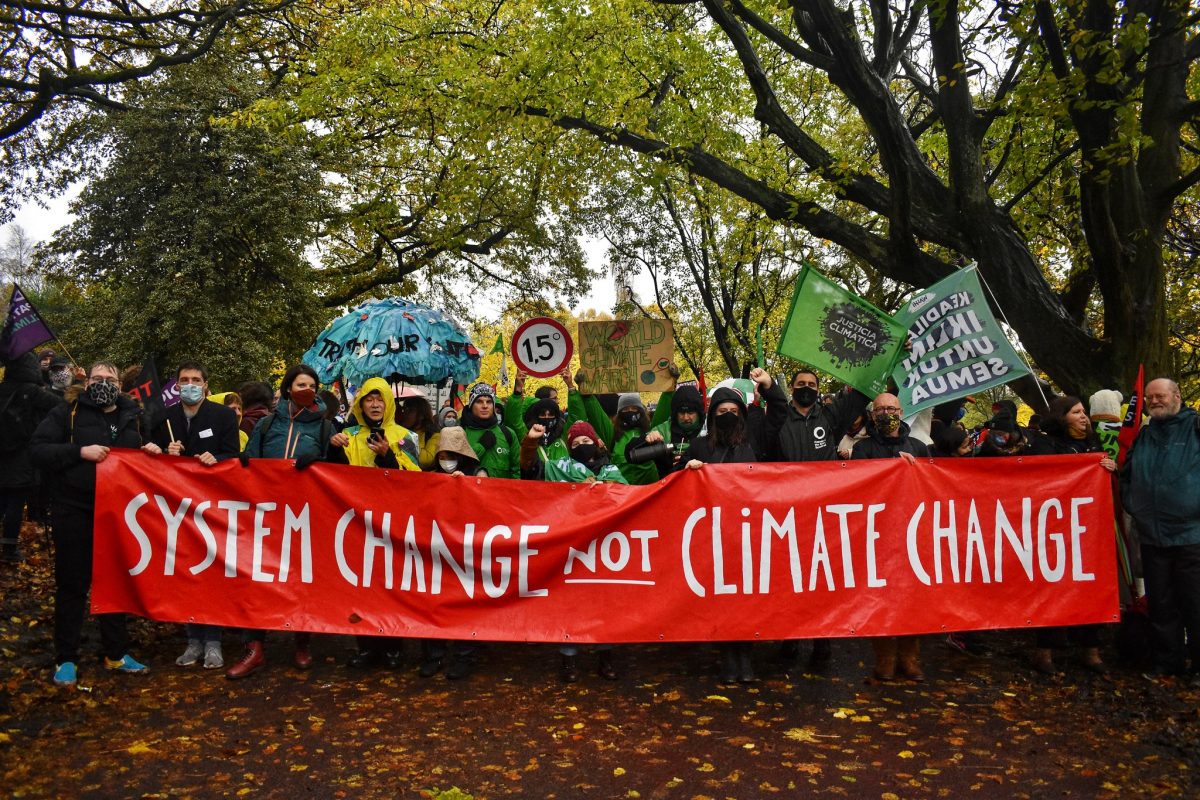
Troubled Dart Halts Trading
Commenting on the news that the Australian Securities Exchange has issued a trading halt on Dart Energy Friends of the Earth Scotland Campaigns Co-ordinator Mary Church said:
“This latest blow to Dart Energy’s coalbed methane plans at Airth shows a company on the brink of collapse.
“With shares suspended at 10 Australian cents, investors are right to be wary. Dart was kicked out of Australia this year, and opposition to its unconventional gas developments in Scotland is mounting daily with its flagship Airth project stuck in a public inquiry process.
“Dart should give up now before it wastes any more of its investors money. Unconventional gas is not wanted and not needed here in Scotland, or anywhere.”
The announcement from the Australian Securities Exchange comes shortly after HSBC froze its substantial loan facility to Dart Energy because of delays with the Airth coalbed methane project.
Friends of the Earth Scotland are calling for a ban on all unconventional gas extraction and because of the climate and local environmental and health risks associated with the industry.
ENDS
Notes to editors
1.Announcement on the Australian Securities Exchange http://data.iguana2.com/hemscott/news-item?N=753178&Code=DTE
2. Restructuring update from Dart Energy detailing HSBC loan freeze
http://data.iguana2.com/hemscott/news-item?N=751048&Code=DTE
3. In April 2013 Dart announced a major restructure including slashing 70% of its global workforce http://data.iguana2.com/hemscott/news-item?N=728430&Code=DTE . Dart’s Top man in Europe Mark Lappin quit in July http://foe-scotland.org.uk/node/1623.
4. Australian company Dart Energy is the leading unconventional gas developer in Scotland. Dart’s flagship development at Airth, near Falkirk faces strong community opposition and has been beset by delays. In June 2013 Dart appealed their application for 22 new wells, a gas and water treatment facility and a network of pipelines to the Scottish Government on grounds of non-determination. A Public Inquiry process is expected to start from the second half of October 2013.
5. Dart Energy has pulled out of its Australian ventures following a ban on all unconventional gas activity – not just hydraulic fracturing – within 2km of residential areas introduced by the New South Wales Government. http://www.resources.nsw.gov.au/__data/assets/pdf_file/0008/458018/TOUGH… A conservative estimate suggests there are at least 2,000 homes within 2km of Dart Energy’s Airth development. If a similar ban were in place in Scotland Dart’s development at Airth could not go ahead.
6. A study by the Queensland Government found that 44% of the 58 wells tested in 3 fields were leaking http://mines.industry.qld.gov.au/assets/petroleum-pdf/tara_leaking_well_…. Research by the Southern Cross University in Australia found gas was leaking at around 3.5 times the level expected in coalbed methane fields http://www.scu.edu.au/news/media.php?item_id=6041&action=show_item.
7. The industry in Australia estimates that up to 40% of coalbed methane wells will eventually be fracked. See Australian National Greenhouse Accounts, Coal Seam Gas Estimation and Reporting of Greenhouse Gas Emissions 2012, http://www.climatechange.gov.au/climate-change/emissions/~/media/climate…
8. Methane is a highly potent greenhouse gas that over its short lifetime is over a hundred times more damaging to the climate than carbon dioxide. Research indicates that unconventional gas could be worse in climate terms than burning coal because of methane leakage from gas fields. Seehttp://www.eeb.cornell.edu/howarth/Howarthetal2012_Final.pdf from Cornell University and http://www.nature.com/news/methane-leaks-erode-green-credentials-of-natu… from the National Oceanic and Atmospheric Administration (NOAA) who found that 9% of total gas production at a field in Utah was leaking into the atmosphere.
9. An investigation by a GP in early 2013 of 38 households in close proximity to coal seam gas wells in Tara, Queensland, found that 58% of residents reported definite adverse health effects related to gas drilling and a further 19% were uncertain. Symptoms include breathing difficulties, rashes, joint and muscle pains, nausea and vomiting, and spontaneous nosebleeds. See http://d3n8a8pro7vhmx.cloudfront.net/lockthegate/pages/49/attachments/or…
10. Bans and moratoria around the world
France: A nationwide ban on fracking
Switzerland: A moratorium on fracking was introduced in the canton of Fribourg
Germany: Moratorium in Northrhine-Westphalia on fracking. Lower Saxony likely to do the same.
Bulgaria: Government banned fracking
Czech Republic: A moratorium on fracking, considering outright ban
Spain: Cantabria banned fracking, La Rioja is also currently considering same
Netherlands: Moratorium on unconventional fossil fuels
Denmark: Moratorium on fracking
Quebec: A moratorium on fracking
United States: Vermont banned fracking, and New York has moratorium
New South Wales: ban on any coal bed methane activity within 2km of residential areas, and within critical industry clusters such as winegrowing areas
Ireland: 2-year moratorium on fracking
11. Friends of the Earth Scotland is
* Scotland’s leading environmental campaigning organisation
* An independent Scottish charity with a network of thousands of supporters and active local groups across Scotland
* Part of the largest grassroots environmental network in the world, uniting over 2 million supporters, 77 national member groups, and some 5,000 local activist groups – covering every continent. www.foe-scotland.org.uk
